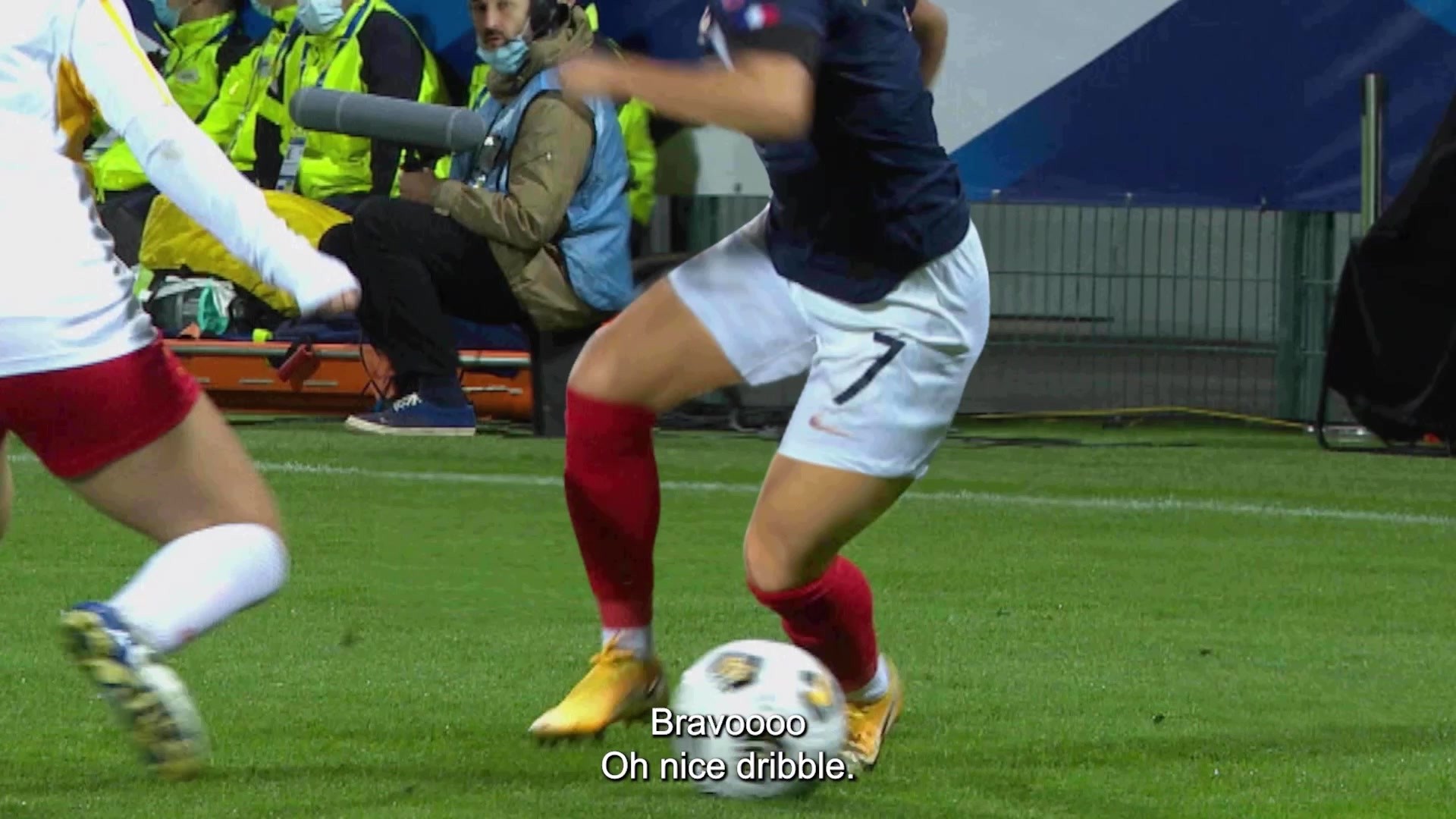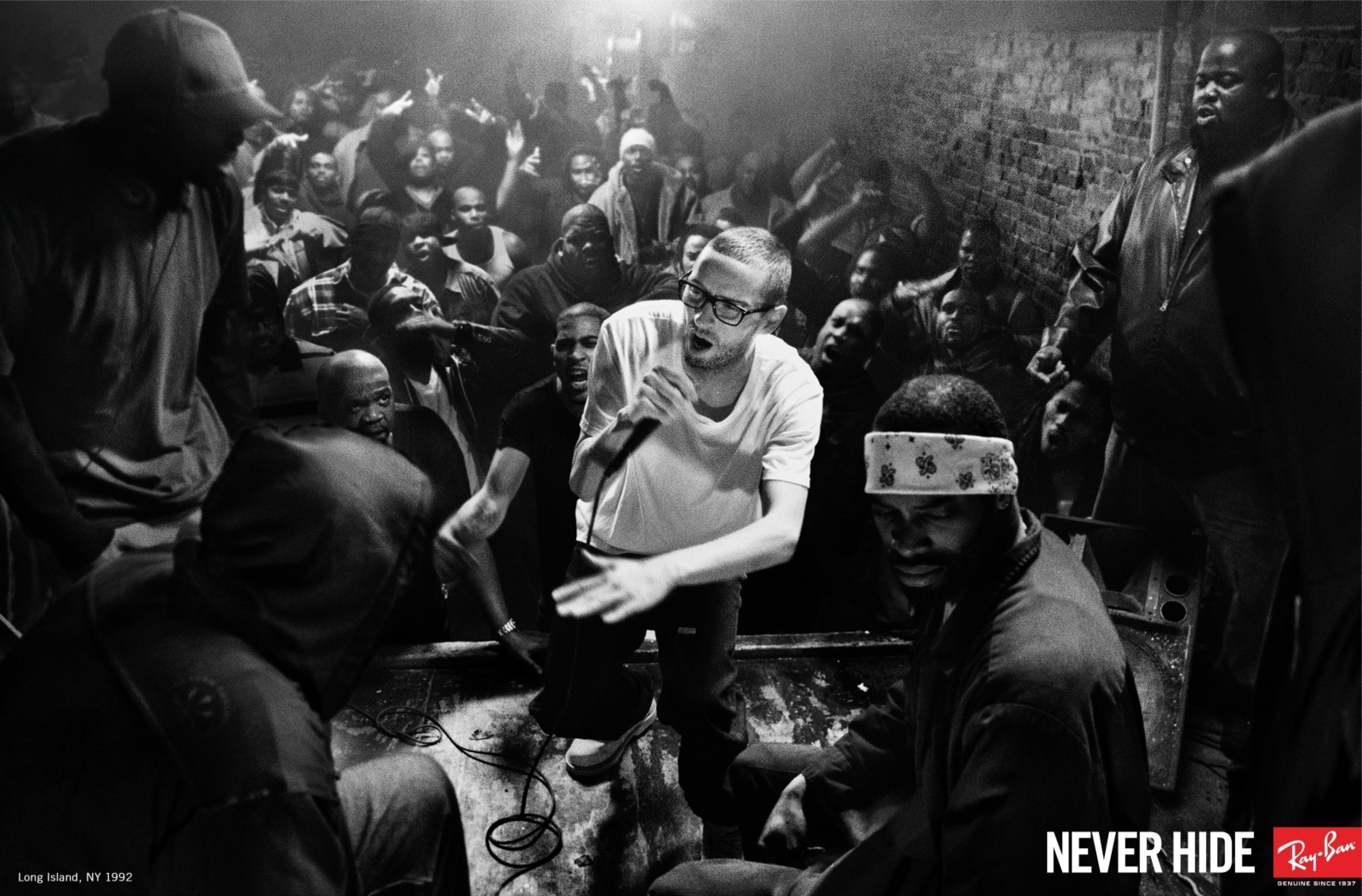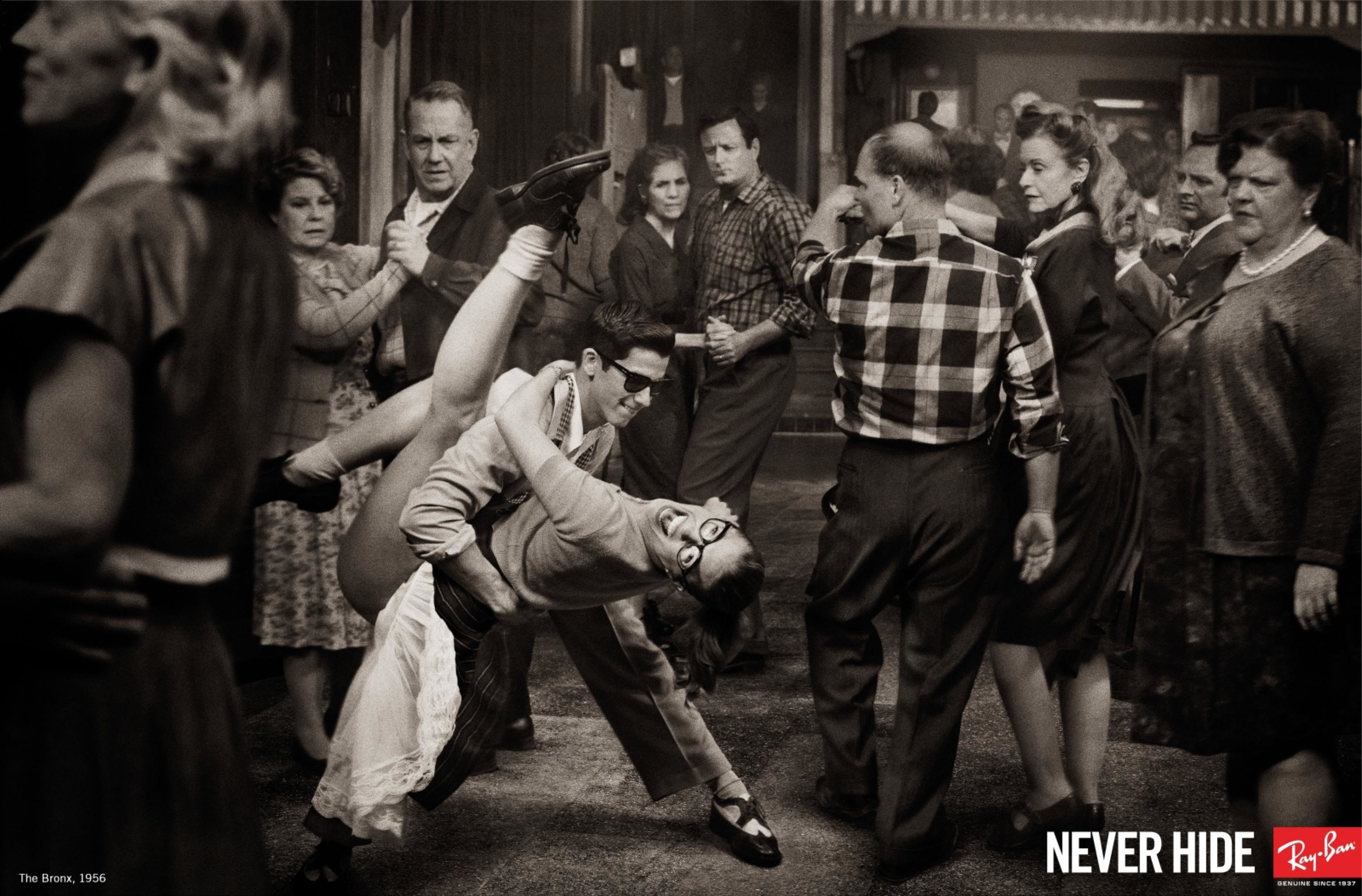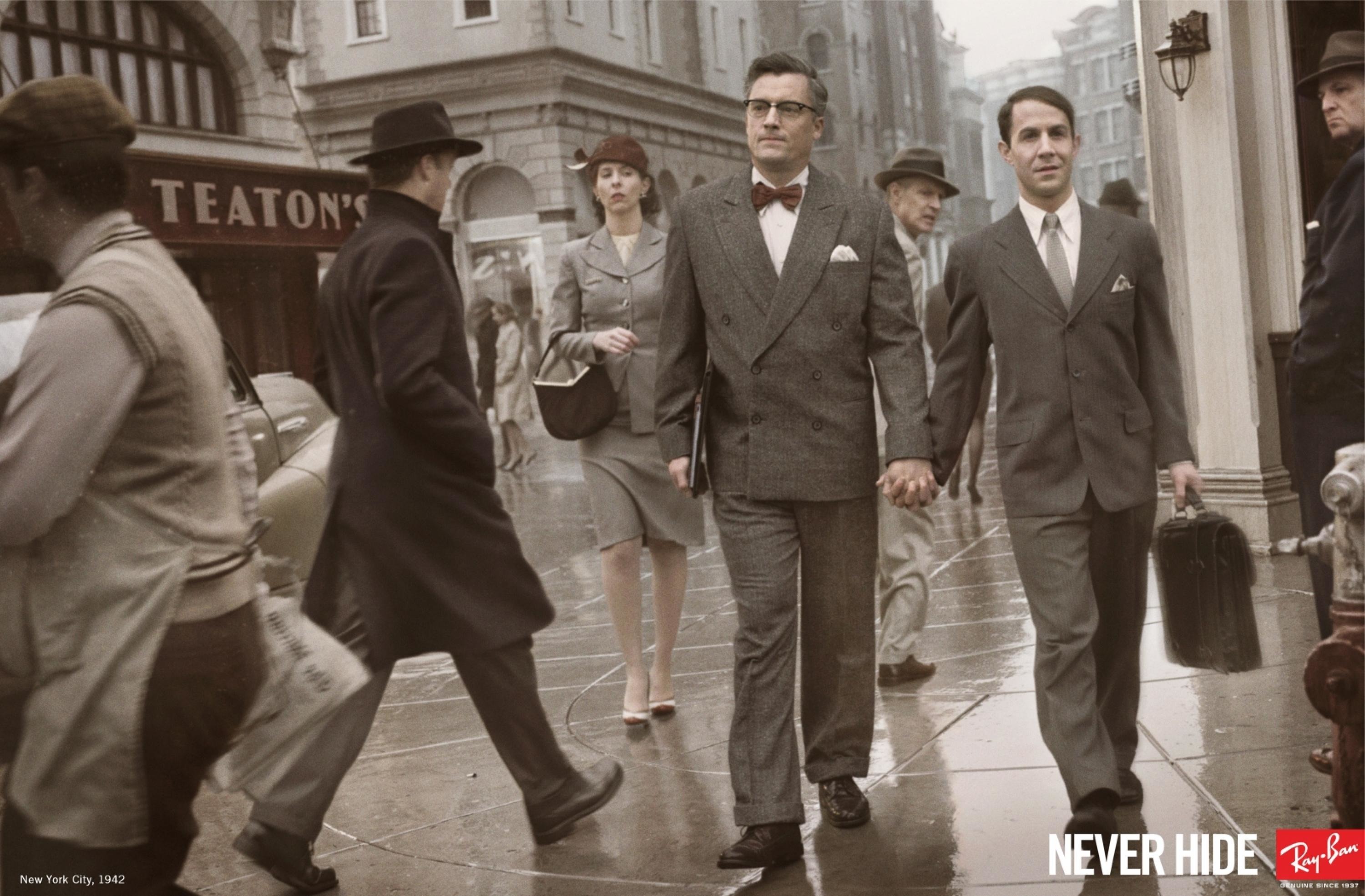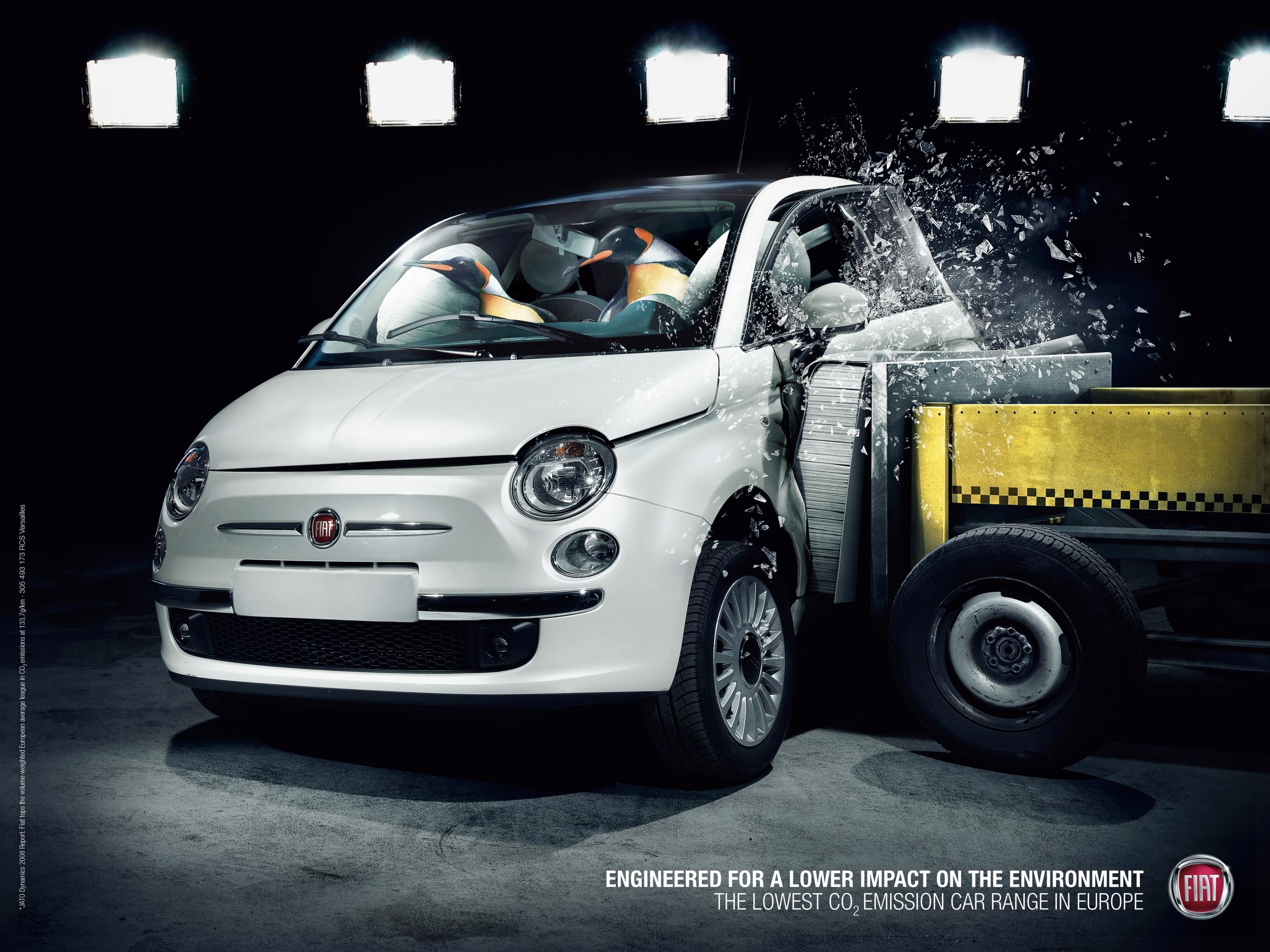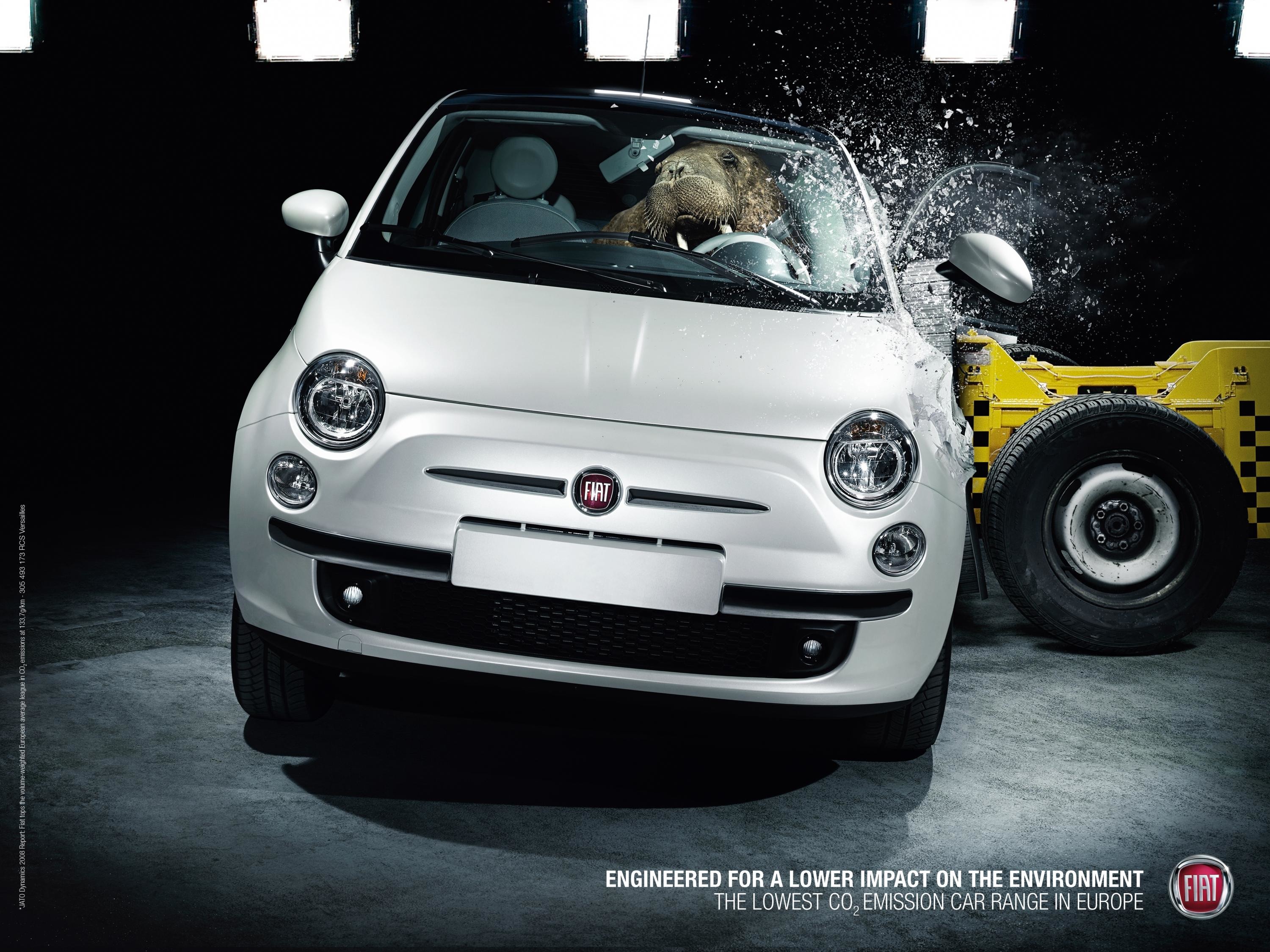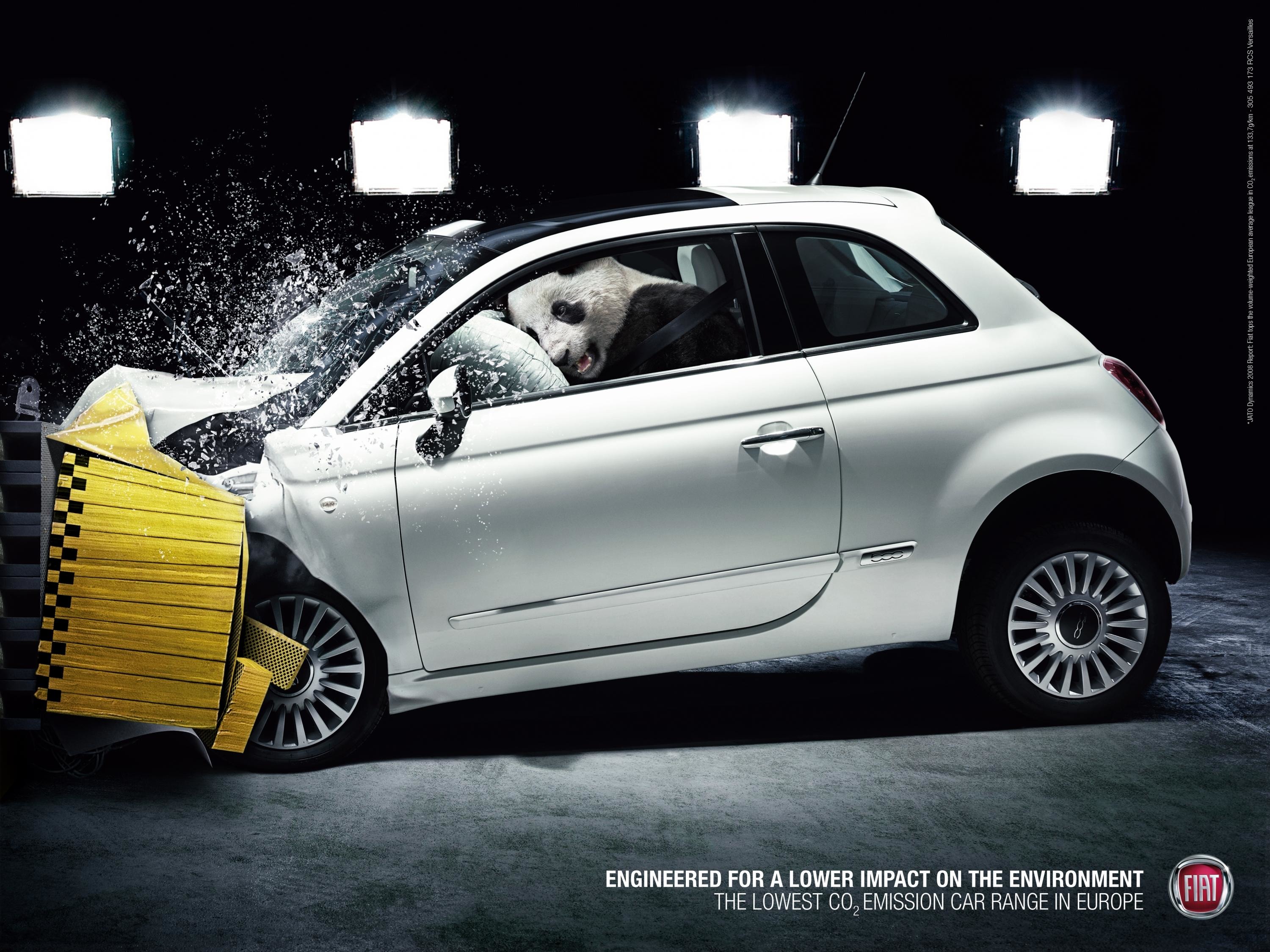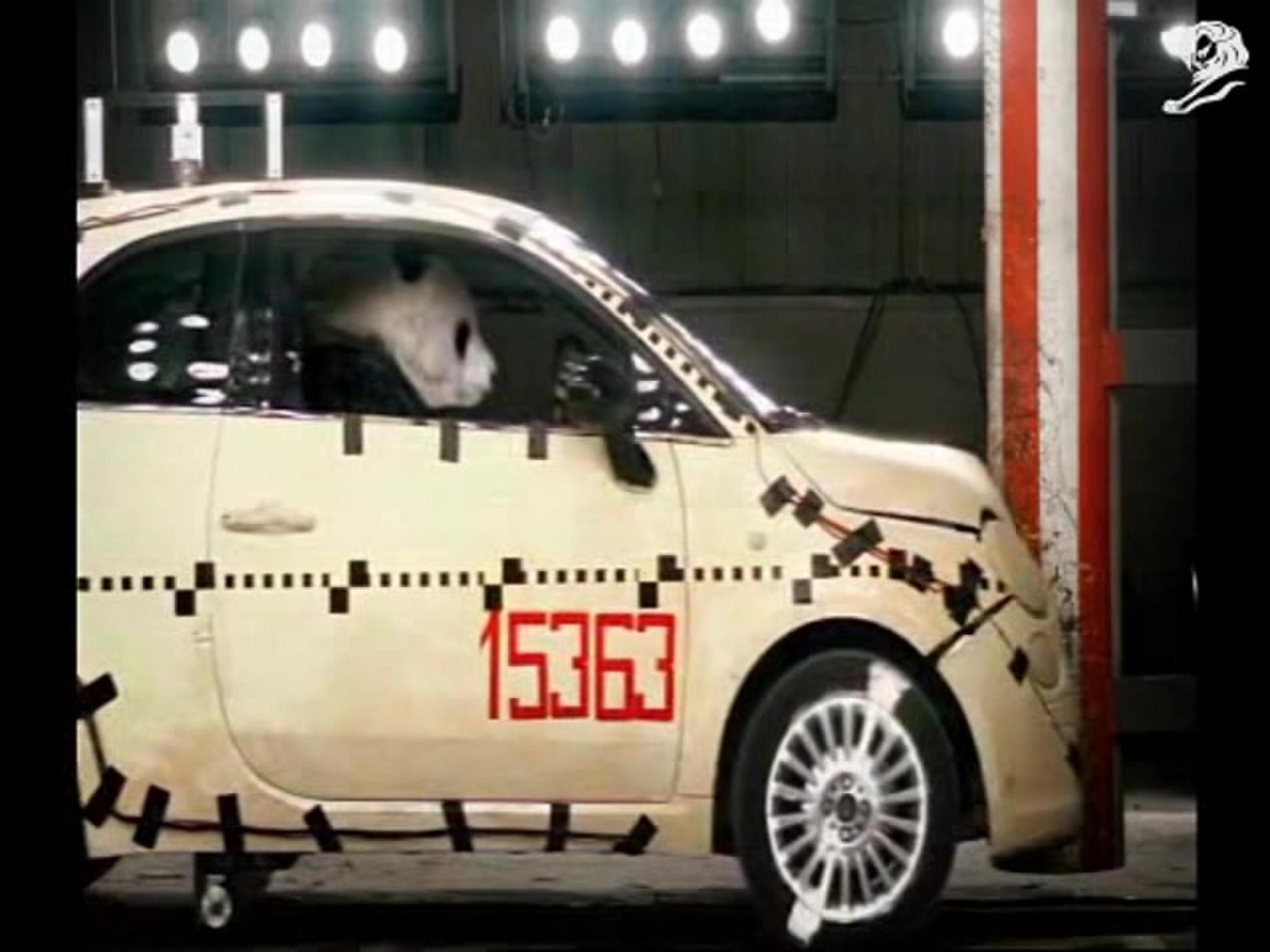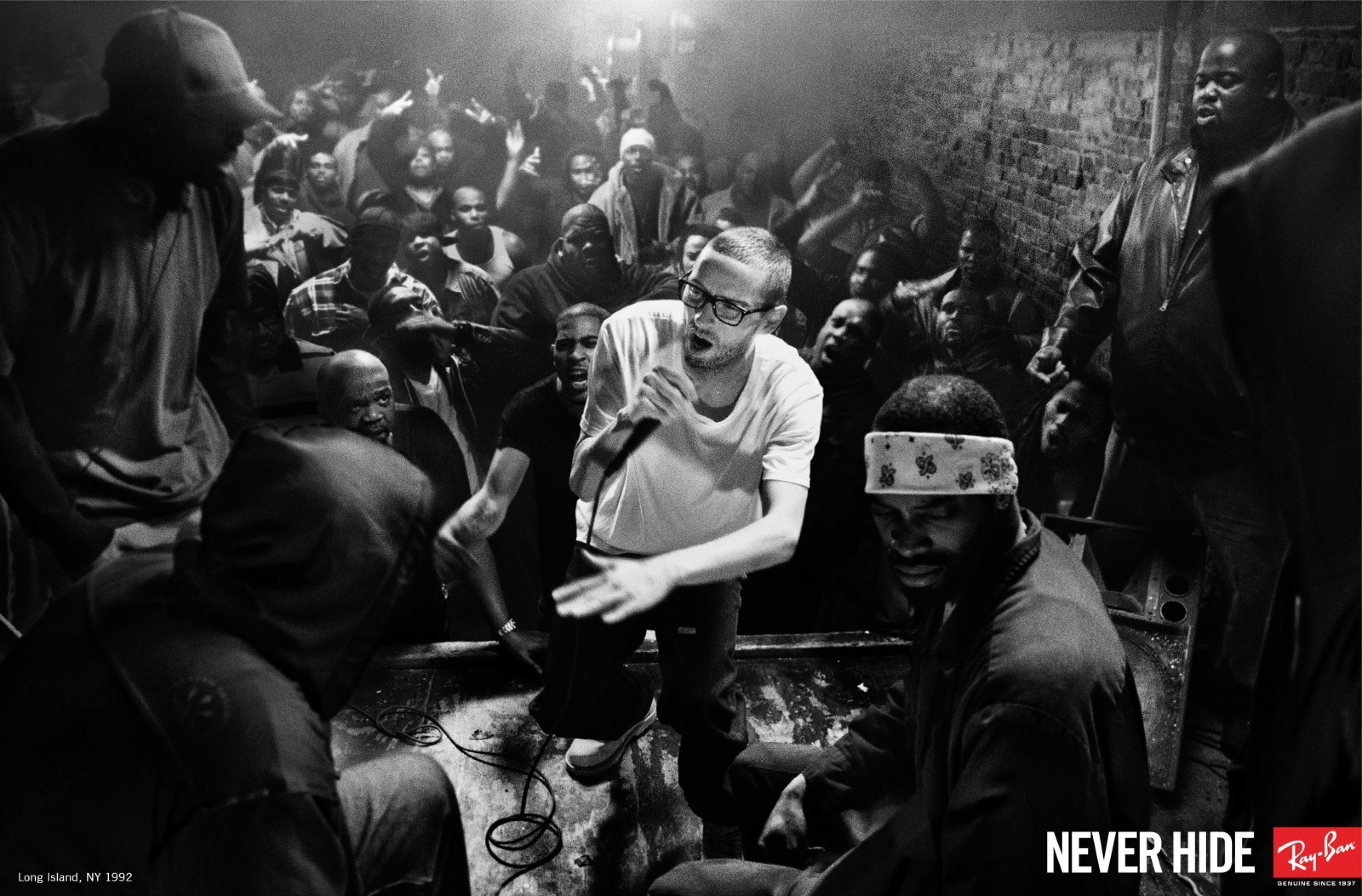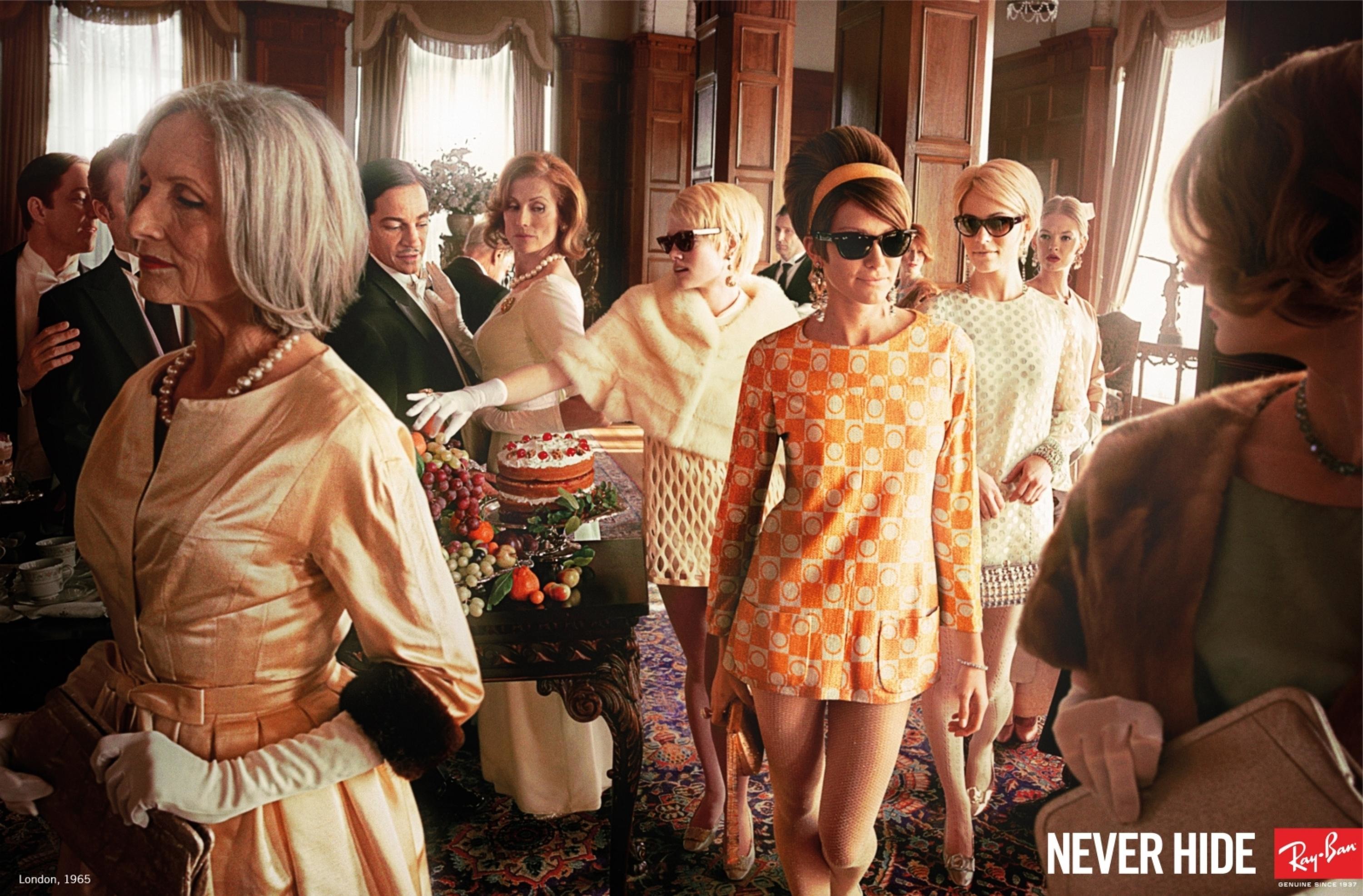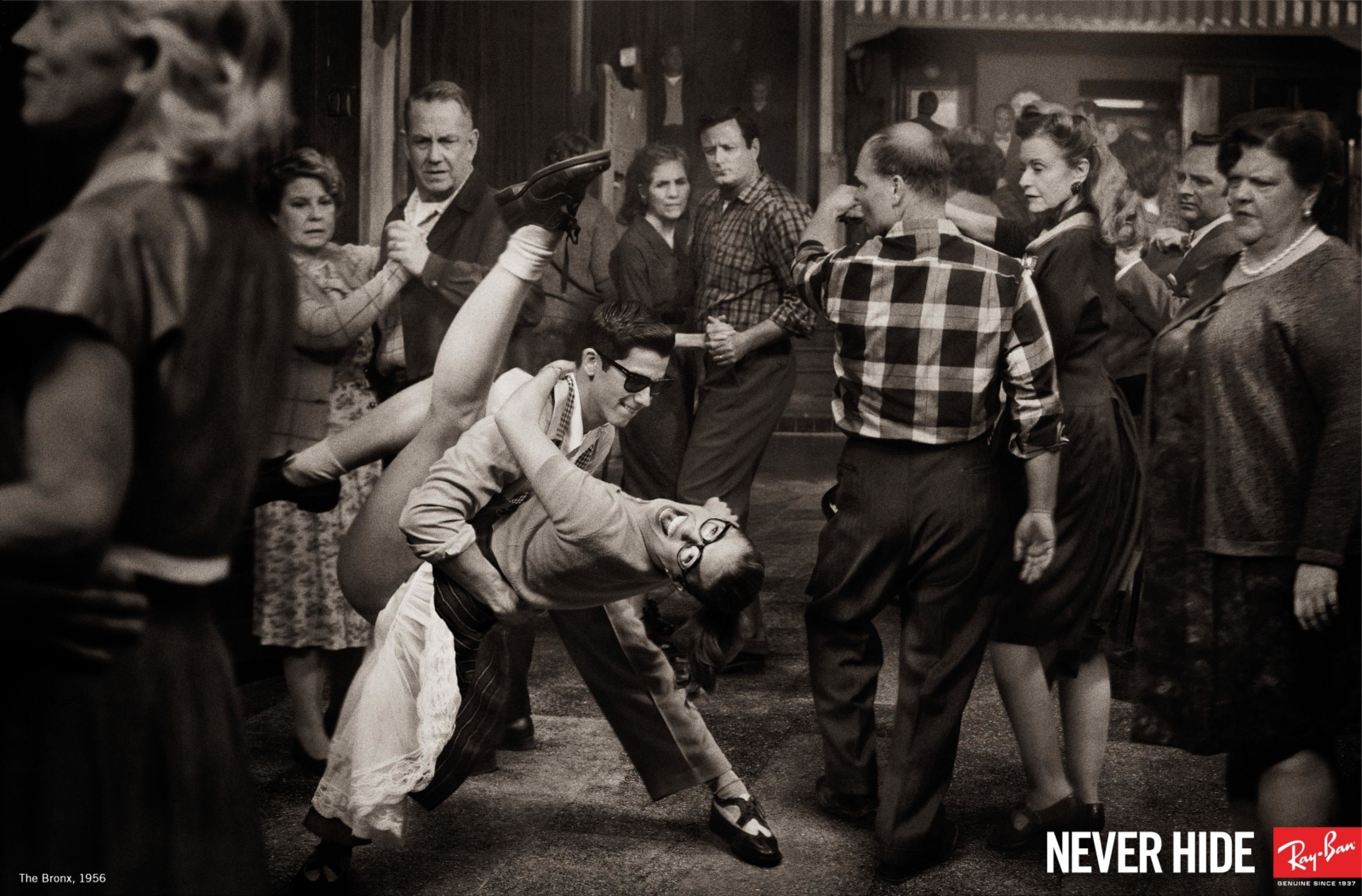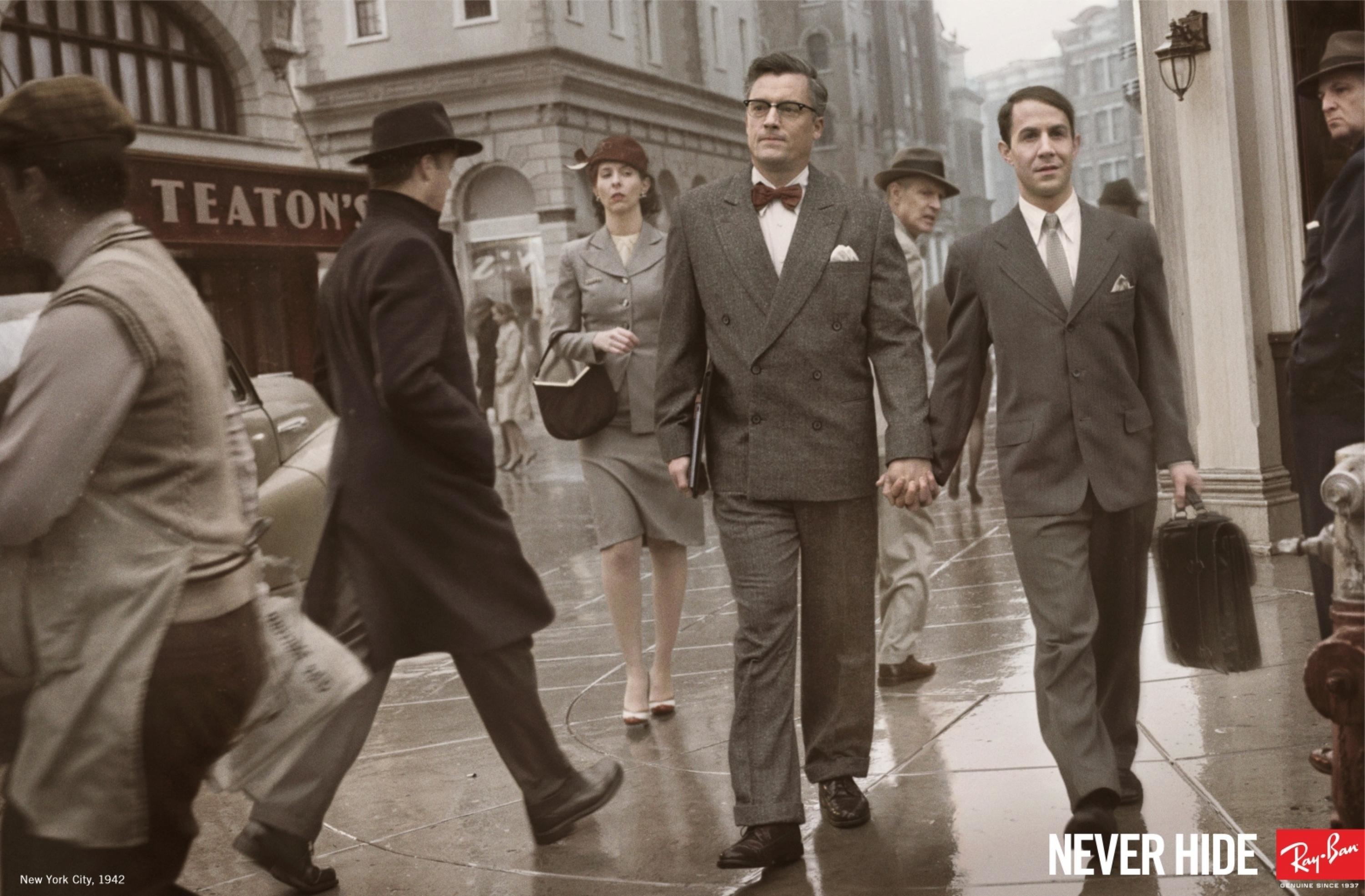Glass: The Lion For Change > Glass: The Lion for Change
WOMEN'S FOOTBALL
MARCEL, Paris / ORANGE / 2024
Awards:


Overview
Credits
Overview
Why is this work relevant for Glass: The Lion for Change?
Orange is the leading telecommunications provider in France and a historical sponsor of French football. As a former public service, its mission has always been to unite people. However, while the brand equally supports both the men's and women's national football teams, women's football still faces significant gender bias among fans, especially men.
So before the 2023 Women’s World Cup, to support the Women’s French team, Orange used gender bias to its advantage: since fans only want to watch men's football, we tricked them into watching women’s football without them knowing… at first.
Please provide any cultural context that would help the Jury understand any cultural, national or regional nuances applicable to this work.
In France, football is king, with a popularity that has been fueled by the success of the men’s national team : 2-times world champion, finalist of the last edition in 2022. But women's football is left out of the fervor, partly because it’s still a young sport (officially recognized by the FFF in 1974). This 2023 Women’s World Cup was only the 9th edition, whereas it was the 22nd for the men’s. But this doesn’t mean the women’s team’s drive is less than the men’s : they have been #5 in the FIFA ranking for years, have reached the semi-final during the last Euro…
Before the WWC, the French should have been cheering for their determined team. Yet, 3 weeks before its start, no TV partner had agreed to cover it. This was a painful reminder of the lack of institutional support to the sport in France, while other countries have succeeded in bridging the gender inequalities in football, by investing. In this panorama, it was important for brand sponsors such as Orange to step in.
For Orange, the leading telecommunication company, as a former state-owned company, public service is a core value. It is one of the first French brands to provide extensive support for football, with a track record of 24 years backing amateur, professional women and men’s football. Since 2018, the brand has held the status of a Major Partner of the French Football Federation, supporting both the Men's and Women's National Teams with equal resources.
Background
This summer, the French women's football team played in its 5th World Cup, in a unique context. Up until a few weeks before the competition, no media organization had stepped in to buy the broadcasting rights for the event.
In a country where football is a passion, women's football is left out of the fervor. One of the reasons is prejudice about its lack of technical skills. Many fans have a strong opinion about it, without ever having watched a match, or having looked at biased compilations ("The worst of women's football", "100% fails women's football”…)
This is why the WWC was a key moment for Orange, a committed partner of football for 24 years, to go beyond its usual support for the French Women's Team, via a CSR brief whose main objective was to tackle the prejudices that women's football suffers from.
Describe the cultural / social / political climate around gender representation and the significance of the work within this context
In France, the gender inequalities between men and women’ football are strong: the sport was one of the last one to be accessible to women, with the French Federation only allowing women to join in 1974. Since them, it’s evolution has been painfully slow, even if recent updates show promise: the significant increase in audiences during the 2019 Women Euro Cup, held in France, was proof that the potential was there.
Other countries have succeeded in bridging the gender inequalities in football, by investing to catch up on their delays. Brazil, for example, has decided for the last international women competitions to cancel office working hours during the Brazilian Women’s Team matches, as they do during the men’s; while Spain has decided to subsidize seats in major stadiums for women’s matches, so fans can gather and learn to love their teams for free, as a first step.
In France, the inequalities between the two were not tackled by institutional partners, and the controversy surrounding the broadcast of the World Cup was a painful reminder of their lack of interest. In this dire panorama, brand sponsors such as Orange stepping in was important.
Describe the creative idea
To challenge football fans' preconceived notions, we used their love of beautiful technical moves to create a Trojan horse. We created a never-before-seen compilation of actions from players of the French men's team. For 1 minute, we see the beautiful play of Mbappé, Giroud, Griezmann, etc..., in a sequence that borrows from the codes of sports best-of videos.
The reveal then unveils the ruse: the video was in reality a compilation of... women’s technical moves! Thanks to VFX effects, the appearance of the French woman's team has been faked in the 1st part of the compilation, to serve a strong message. These skillful women's actions, without VFX, are replayed in the 2nd part of the video, so that the audience can admire them, stripped away from the filter of their gender stereotypes.
Describe the strategy
Our primary target was football fans:
• Men are the audience: In February 2023, a study for the French Regulatory Authority for Audiovisual and Digital Communication found that men count for 66% of sport viewership (63% for women’s sport)
• Sexism is the problem:
A study from Durham University in 2022 reveals that over 2/3 of male supporters display hostile or sexist attitudes towards women's football.
A study led by the Zurich University Sociology Department. By exposing a group of 613 participants to blurred goals, the research reached the conclusion that perceived quality of actions is heavily filtered through gender stereotypes, with women being pre-judged as less technical.
It convinced us we needed a trojan horse and use men to fight preconceived opinion men can have about women football. To target them, the video was broadcasted in a football-centric ecosystem, through digital and social media and via football influencers.
Describe the execution
The campaign was first launched only on X, which is the key platform for football conversations. We capitalized on the account of an influencer with medium visibility but very high engagement. This X account first posted only the first part of the video (= the women's technical moves 'disguised' as men's players), before revealing the trickery a few hours later to its community by posting it in full. Engagement surrounding these 2 tweets was very high, kick-starting mainstream media PR in France: within a day of the tweet, 8 mainstream media outlets were picking up on the video. This meticulous orchestration allowed the compilation to go viral, first in Europe, then around the world.
Describe the results/impact
The video went viral in only days, and successfully fueled debate the biases women’s football suffers from.
> +2B impressions
> +200M organic views, with a high complexion rate.
> Estimated organic reach: 800K$
> +450 cross-media PR coverage in 91 countries: articles, TV & radio, podcasts…
> Influential relays from opinion leaders of all sectors: the French Minister for Sport Amélie Oudéa Castera, Alexis Ohanian (Reddit CEO), Daniel Storey (football365) Gary Lineker, Dan Povenmire. Football players, both men and woman: Delphine Cascarino, Blaise Matuidi, Eugénie Le Sommer, Matteo Guendouzi, Amandine Henry, Oussmane Dembélé, Antoine Griezmann...
> Attribution: 92,5% of media coverage pieces mentioned Orange.
> Reactions were overwhelmingly positive, and to this day, the video continues to be relayed, as a piece of content materializing the issue of gender bias in sports and helping overcome it.
Describe the long-term expectations/outcome for this work
A study commissioned by Orange on French people over 16 y/o, non rejector of football confirms that the video became an empowering tool for women and a powerful educational tool for all:
• +17pts plan to watch woman football vs before watching the film
• 90% agree that the film raises awareness of the sexist stereotypes that exist in society.
• 92% agree that the film inspires young girls /women to play football.
• 88% agree that broadcasting it in schools is a good idea.
(Freethinking 02/2024)
More recently, Orange and the French Federation of Football used it in stadium during half time
• First the 03/03/24 in Lyon during a match the match of the men pro team againt Lens.
• Then in April 2024 in Metz during a match of the women national team
Other dates are being discussed.
More Entries from Glass in Glass: The Lion For Change
24 items
More Entries from MARCEL
24 items


